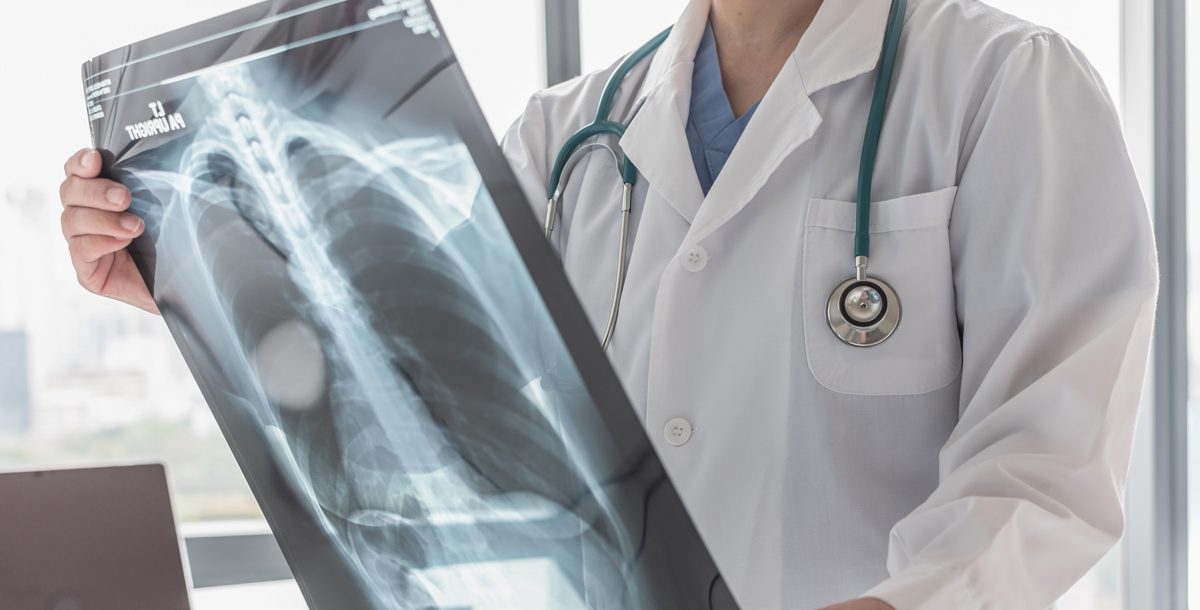Lung cancer is the most common cause of cancer death in the U.S. for both men and women. Doctors will diagnose more than 230,000 people with lung cancer in the U.S. this year and nearly 155,000 people will die from the disease. This is more than deaths from breast cancer, prostate cancer and colon cancer combined.
While these numbers are grim, there are prevention tips available and lung cancer can also be detected early.
Lung cancer prevention tips
Smoking is the most common risk factor for lung cancer and it is responsible for 80 to 90 percent of lung cancer cases. If you smoke, you are not only putting yourself at risk but also those around you. Secondhand smoke causes more than 7,000 lung cancer deaths annually.
Avoiding and/or quitting smoking greatly reduces your risk for lung cancer. Even if you have received a lung cancer diagnosis, quitting smoking can double your chance of survival.
It’s never too late to quit smoking and there are helpful, free resources widely available. Check out services from your local hospitals and health care providers as well as organizations like American Heart Association, the American Lung Association and the American Cancer Organization.
Radon is the second leading cause of lung cancer deaths. This odorless gas is radioactive, and it can become trapped in homes. Radon risk varies by region, but you may want to take measures to test your home. Test kits for radon can be found at most home improvement stores.
Lung cancer early detection
Early detection of lung cancer has a dramatic effect on improved rates of survival. However, lung cancer can be challenging to diagnose because its symptoms are not unique. Coughing, shortness of breath, fatigue and weight loss are also all common among many illnesses. Because of this, lots of people don’t realize they have lung cancer until the disease has spread and is in later stages.
Lung cancer screenings are used to detect lung cancer in high-risk individuals who are otherwise healthy. Doctors consider you high risk if you’re between the ages of 55 to 77 years old, have smoked a pack a day or more for 30 years and either continue to smoke or have quit smoking in the past 15 years.
Doctors perform lung cancer screenings with a low dose CT scan available at many hospitals. If you are a current or former smoker, talk to your physician about a lung cancer screening. Many insurance companies cover this screening for patients if they are increased risk for lung cancer.
Ask your doctor if a lung cancer screening is right for you. It could save your life.
Getting help
If you do receive a lung cancer diagnosis, know there are many new treatment options available. These include targeted chemotherapy, improved radiation therapy and minimally invasive, robotic-assisted surgery. All these advancements have led to improved lung cancer survival rates.
If you have a family member or close friend who smokes, talk to them about the importance of quitting. And if you are a smoker, consider seeking help. Quitting could be the greatest gift you give your family and yourself this holiday season.
Learn more about the lung cancer and pulmonary oncology services available at Mercy Health.






